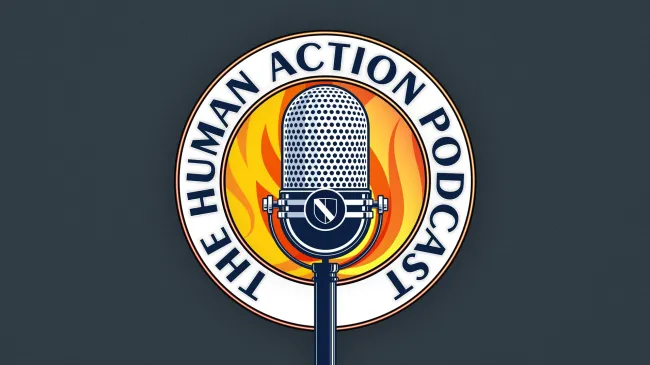Trump’s “Liberation Day” Tariffs are a Mistake
President Trump has declared today “Liberation Day,” because many of his tariffs come into force. His team is taking a gamble that either the law of supply and demand does not apply to trade or that the American public will be uncharacteristically fine with higher prices.










